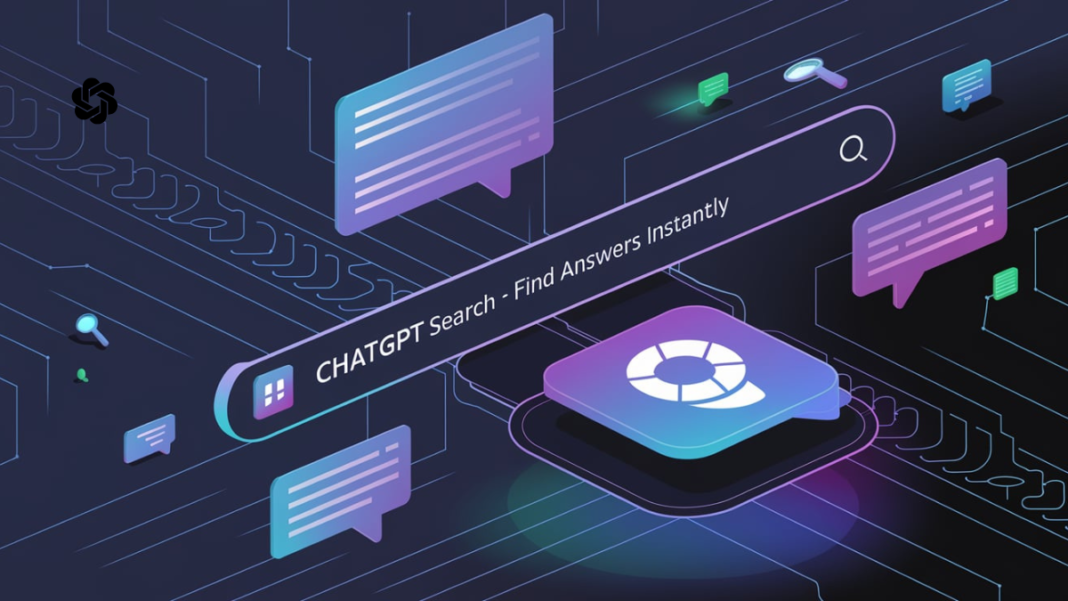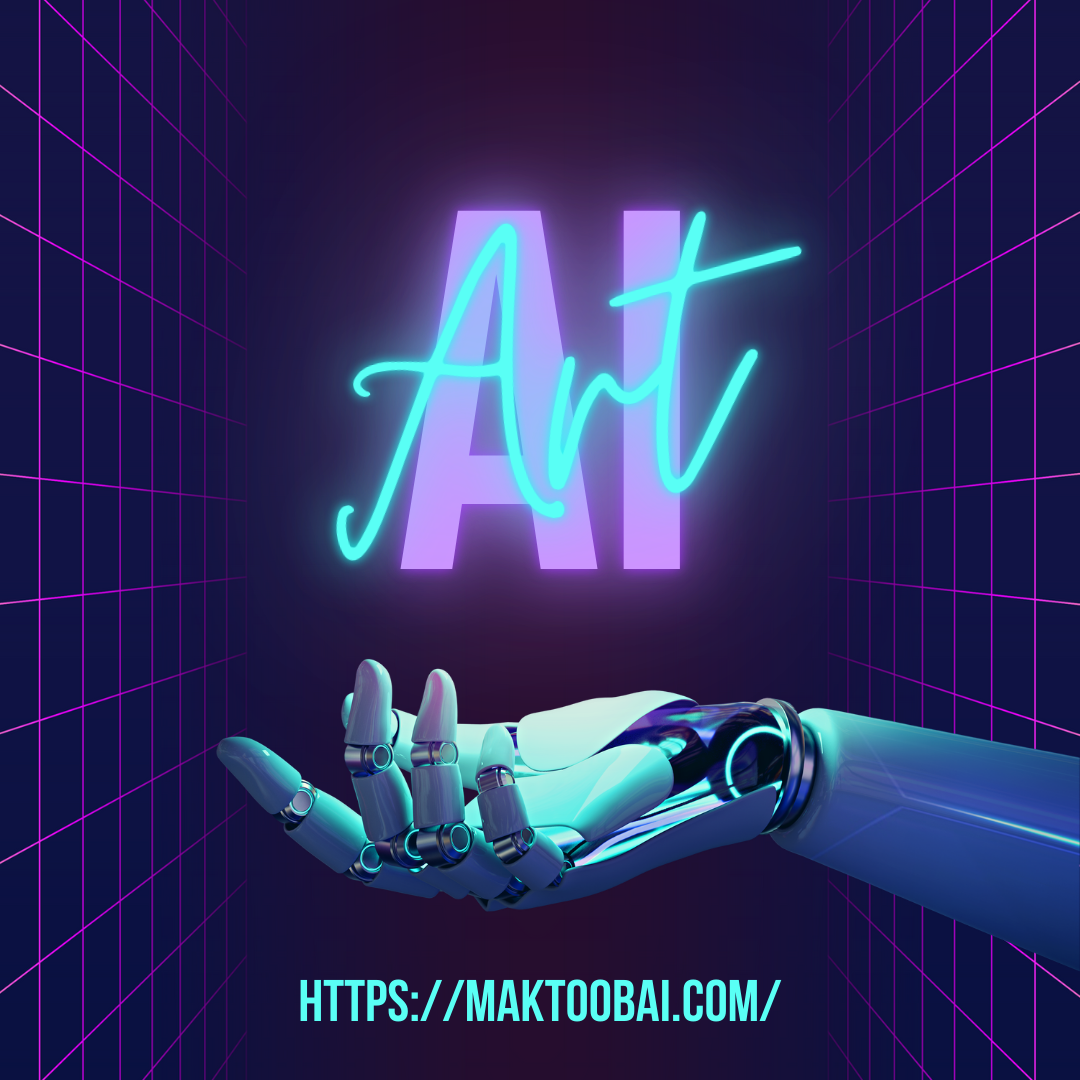As OpenAI advances with features like ChatGPT search, it’s edging closer to building sophisticated AI agents that could change how we manage our digital lives. These developments, showcased recently at OpenAI’s DevDay in London, represent pivotal steps toward creating AI that can handle complex, multi-step tasks.
1. ChatGPT Search: A Key Milestone for AI Assistants
The introduction of ChatGPT search lets the AI access real-time internet information, marking a major shift from relying solely on pre-existing training data. By connecting directly to the web, ChatGPT can retrieve fresh information, allowing it to provide users with timely responses—a crucial feature for many real-world applications. This new capability paves the way for AI to assist more actively in daily tasks, from answering questions to gathering resources across multiple fields.
Read more: How to Use ChatGPT to Apply for Scholarships: A Step-by-Step Guide
2. Voice Features for a Hands-Free Experience
OpenAI is also enhancing its voice functionalities, enabling developers to integrate spoken interaction into applications. Voice commands are set to become integral for AI agents, especially in scenarios where users need hands-free assistance, like while driving or cooking. The aim is to make AI assistants more intuitive and accessible, even when typing isn’t possible.
3. Toward Autonomous Agents
OpenAI’s vision involves creating “agents”—advanced AI assistants capable of managing an array of complex activities independently. Imagine an agent acting like a digital personal assistant, handling emails, setting up calendar events, or even writing research papers. According to Olivier Godement, OpenAI’s head of product, these agents will eventually integrate with various tools, effectively acting as a “chief of staff” for users.
However, two challenges stand in the way:
- Improving Reasoning Skills: To perform complicated tasks, AI needs to demonstrate logical reasoning abilities. OpenAI’s latest model, o1, incorporates “chain-of-thought” processing, breaking down tasks into smaller, manageable parts. While promising, experts like University of Washington’s Chirag Shah caution that the reasoning exhibited by these models may still be superficial and not equivalent to human thought processes.
- Expanding Tool Connectivity: AI agents need to seamlessly interact with other digital tools to truly be effective. Competitors like Anthropic are exploring ways to let their AI interact with computer interfaces, making it possible to complete actions like booking flights. OpenAI is researching similar capabilities, aiming for a future where agents can autonomously complete real-world tasks.
4. AI’s Role in Shaping Industries
In the coming year, OpenAI anticipates that fields like customer support will increasingly adopt AI-driven solutions. The adoption pace remains unpredictable, but the potential for AI to streamline tasks, boost productivity, and bring convenience to industries is undeniable.
Challenges and Ethical Considerations
With AI search potentially becoming the main way users access information, there are concerns about its impact on the digital economy. If users start relying solely on AI to navigate the web, this shift could disrupt traditional content creation and discovery models, as highlighted by AI policy experts.


